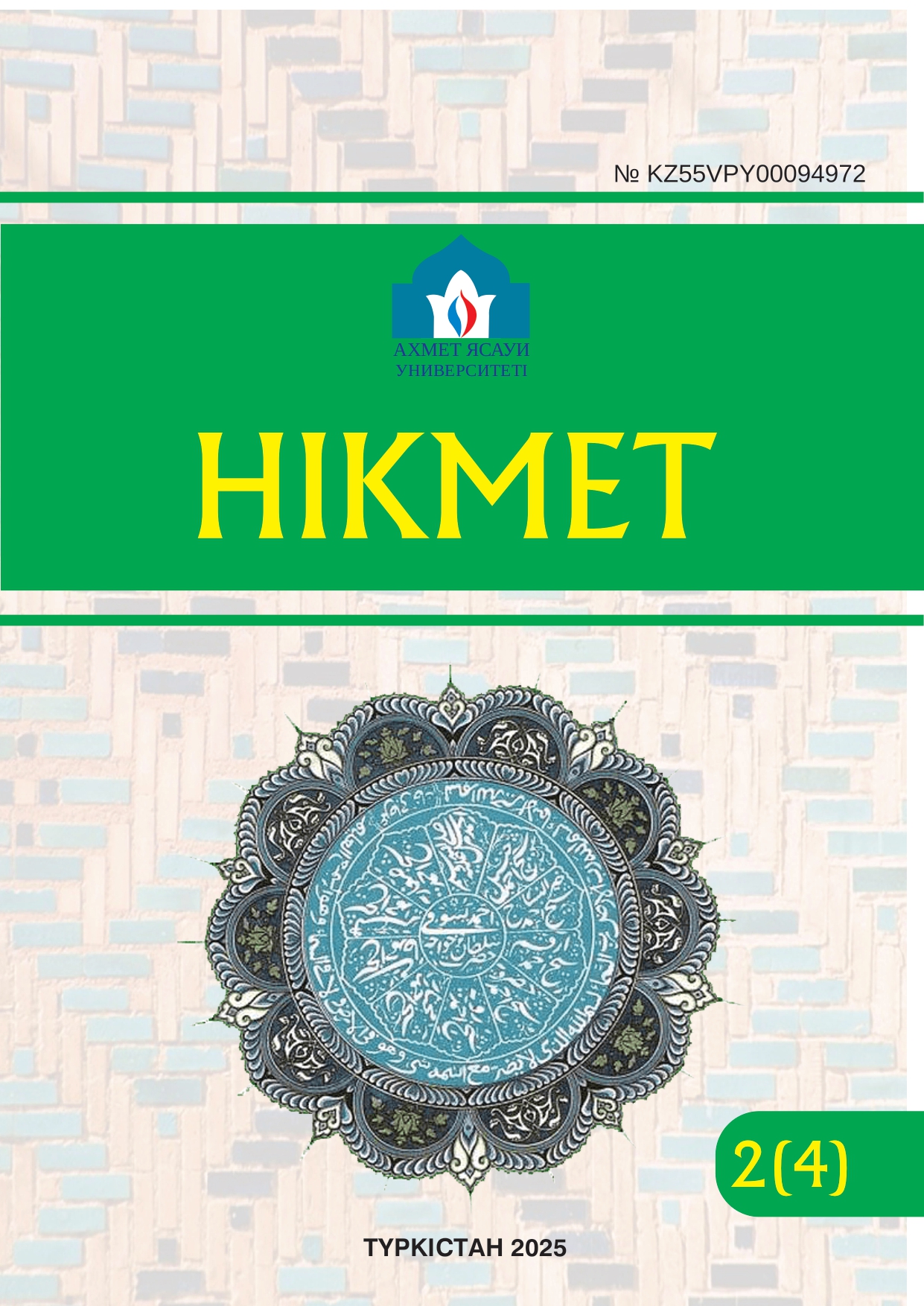Comparative Analysis of Sharia Norms and International Bioethical Standards
150 88
Keywords:
Islam, Sharia, contemporary fiqh, bioethics, human rightsAbstract
The article provides a comparative analysis of the similarities and differences between Sharia norms and international bioethical standards. The authors examine the methods used to protect human rights in the era of globalization, as well as the methodological foundations of Sharia and contemporary bioethics. In the Islamic legal system, the protection of human dignity, life, and health holds a central place. Based on Quranic verses and hadiths, Sharia highly values the right to life and the integrity of the human body. In Western bioethics, the core principles also include non-maleficence, beneficence, respect for autonomy, and justice. However, in Islamic countries, individual freedom is limited by obligations, while in the Western model, personal autonomy prevails. The article also compares the experiences of international organizations in bioethics and the principles of Islamic ethics. In Eastern societies, cultural and religious traditions play a significant role in decision-making, whereas in the West, individualism and rationality are prioritized. In conclusion, the mutual influence of bioethics and Sharia is shown to be important for safeguarding human rights and making fair decisions. The study contributes to strengthening the ethical culture of society, respect for human life, and the principles of justice.

